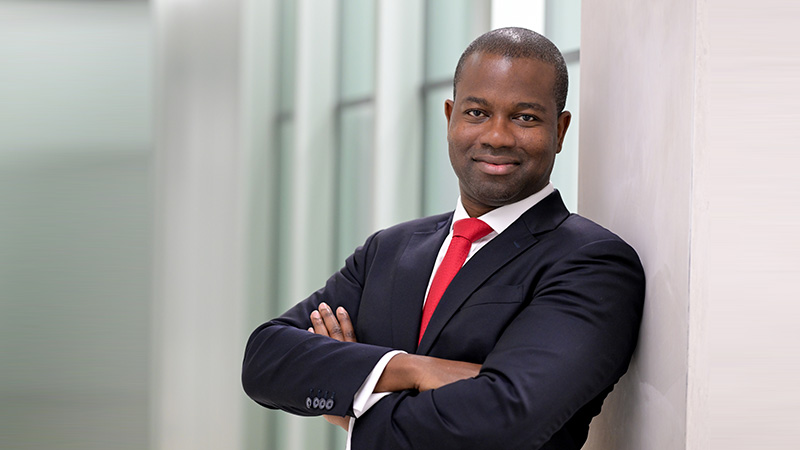In a recent article in the Telegraph, I said the important thing for investors to do when thinking about the 2024 elections is to try and look beyond the noise and, most importantly, stay diversified.
Much has been written in the press since the start of this year about the sheer scale of elections taking place across the world, with some 50% of the adult population set to go the polls. This is on a scale we have never witnessed before, and many are concerned that uncertainty at the ballot box will give rise to additional volatility for risk assets.
Importantly, however, this does not mean the moves in investment markets will be negative as additional risk isn’t always a bad thing. What this does mean is that investors need to think deeper and harder about diversifying their portfolios, and being intentional about where they are going to take risk and not take risk. From an asset allocation perspective, taking positions based on medium-term valuation anomalies seems more robust than attempting to take sizeable bets on potential election outcomes and subsequent market reactions.
Thinking about specific risks, the immediate ones that jump to mind are those that will come from the US. A big challenge in the US already is just how large its fiscal deficit is, with the combination of unemployment being at very low levels.
See also: Why investors need to take outlooks with a pinch of salt
Apart from the Covid pandemic, this is now the largest post-war deficit. It’s therefore going to be difficult for either US presidential candidate to even think about any tax cuts or giveaways to voters. With unemployment so low, the likelihood is that it will likely increase over the coming 12-to-18 months, meaning more people will have to claim benefits and thus widen the deficit more. A precarious balancing act.
Given the deficit problem, the big concern is the volatility that could be created around US government bonds. As US government bonds become riskier, the policies from the two candidates will see a desire to cut tax and spend more money on public services and infrastructure. The danger is that the US deficit means the country will struggle to increase fiscal spend in significant size. In this scenario, diversifying bond exposures across multiple regions will make sense for many investors.
The UK election is also interesting. Clearly Labour current has a massive lead in the polls, but what is intriguing is that all the policies of the respective candidates and political parties in the UK, US and further afield are still being formed. As a result, it is very hard right now for the market to react to any of it.
So, returning to the US, history tells us the stockmarket usually starts reacting to the election a few months before it takes place. This is when we will start to see actual concrete policies emerge, because all we have now is rhetoric. When the headlines start to turn into potential policy is likely when the markets will start to react.
In terms of where shorter-term market uncertainty and volatility will come from, it is likely to continue to be driven by expectations of interest rates and perceived central bank actions. As we get later on in the year, particularly as we get closer to the UK and US elections, this is when the focus of markets will shift to have more emphasis on fiscal policy and its potential impact on market returns and volatility.
Right now, the investor’s job is to look through all the noise to construct a diversified portfolio, tilting it towards where we see the medium-term risks and opportunities. Again, the primary driver of views should remain focused and anchored in how events impact the medium-term expected returns of asset classes rather than obsessing over short-term noise.
It is about preparing portfolios and not being prophetic, because forecasting political outcomes and the impact on markets is notoriously difficult to do.
Justin Onuekwusi is chief investment officer at St James’s Place








